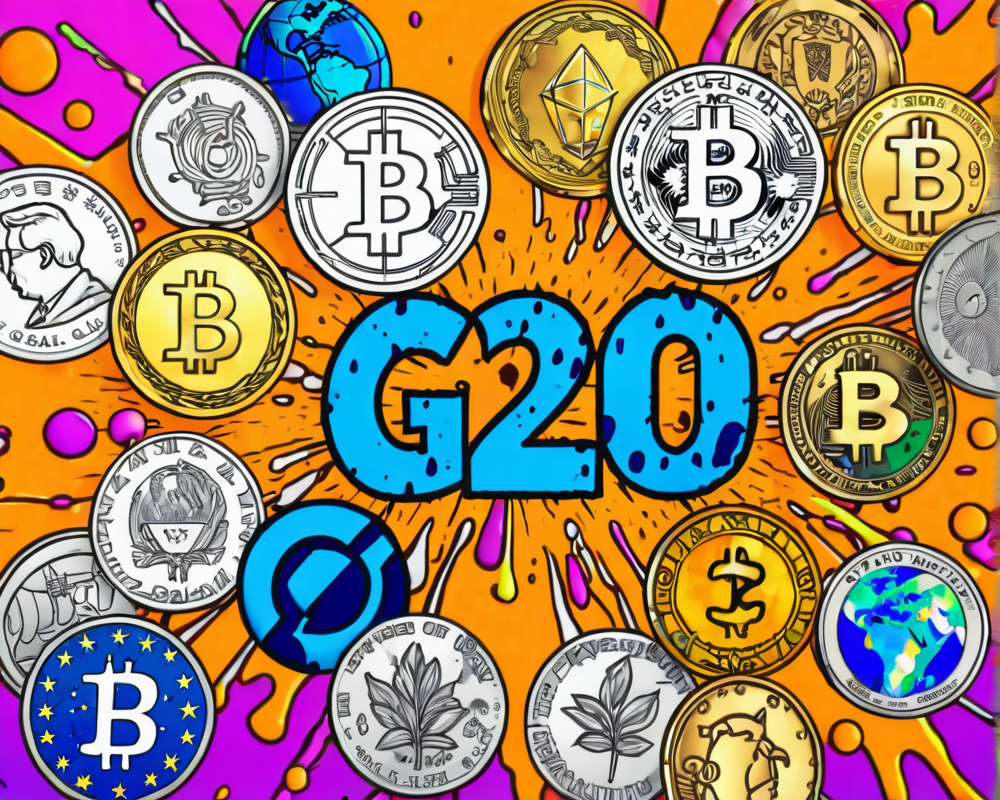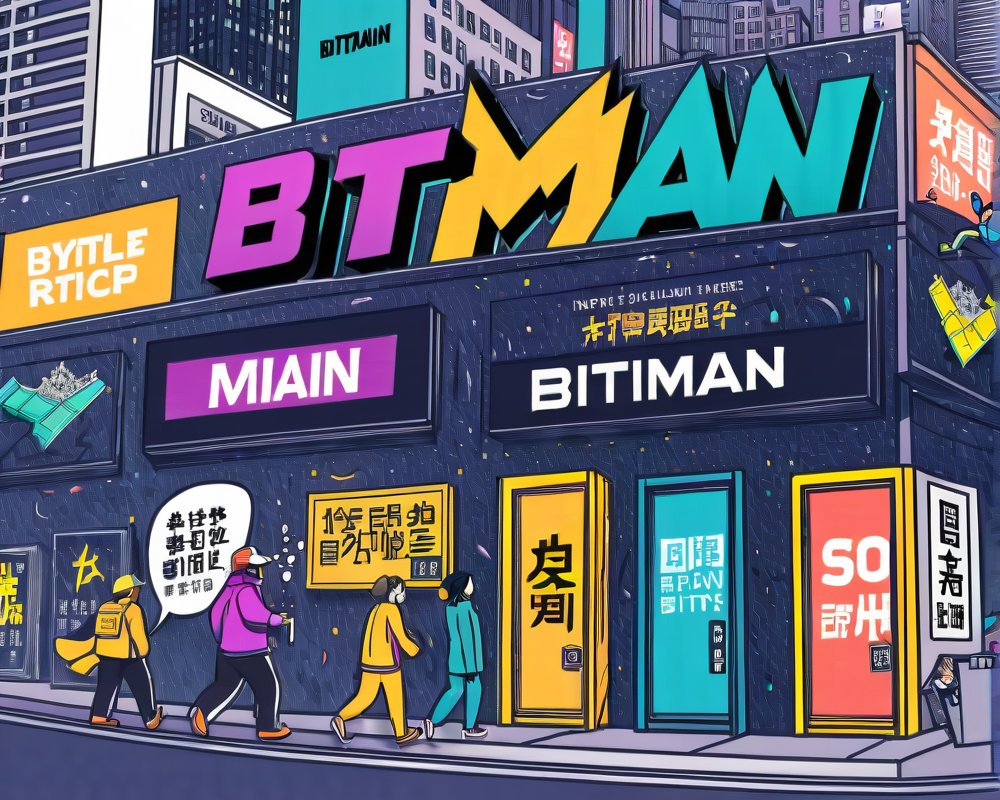The Ciphers of Cryptocurrency: Bitcoin ATMs in NYC
Bitcoin ATMs (BTMs) have proliferated in New York City, but not just anywhere. A closer look reveals a troubling concentration in minority neighborhoods. Are these modern cash machines merely continuing a trend of exploitation, or are they catering to underserved communities?
Dealing with Drug Deals: Misinterpretations
Just as easily as you can send a tweet, some critics have drawn a parallel between BTMs and the often unproven claims of drug-related activities. Dan Anderson, a Twitter user known for his census data maps, shows that BTMs appear concentrated in areas with higher minority populations. Sure, conspiracy theories thrive on Twitter, but the hard statistics reveal that a significant number of drug users are actually white, busting the myth that minorities are solely involved.
Bitcoin and the Drug Trade
The allure of anonymity has made Bitcoin a magnet for certain individuals operating outside the law — think drug dealers, especially those online. But, let’s be clear, the perception that all Bitcoin activity in these areas is drug-related is oversimplification at its finest.
The Remittance Reach: A Financial Safety Net
While the shadow of drugs looms large, many argue that these ATMs are primarily targeting a different demographic altogether: remittance senders. Data supports this, revealing that minority residents in NYC are significantly more likely to send money back home compared to their white counterparts.
Transaction Costs and Community Needs
Low transaction fees associated with Bitcoin make it particularly appealing for residents below the poverty line. With approximately 65% of Black New Yorkers living in poverty, the appeal of affordable financial services cannot be overstated. An individual sending money to family back home benefits from knowing that a larger portion of their hard-earned cash gets through.
Mapping the Impact: The Story Behind the Numbers
Visual representations (too bad I can’t drop an image here!) highlight that the largest concentrations of BTMs are near Hispanic communities, which have been instrumental in remitting billions to countries like Mexico. In fact, $25 billion was funneled from the U.S. to Mexico in 2014 alone!
Challenging Misconceptions
While some ATMs do appear in predominantly Black neighborhoods, they’re not used primarily for remittances in those communities. The cycle of poverty prompts many to utilize Bitcoin instead. It’s a classic case of needing to make the best of limited options.
Conclusion: The Nuanced View on BTMs
Bitcoin ATMs in NYC symbolize more than just a trend; they reflect the financial challenges many minority communities face. While the connection to drug trades is intricately woven into public perception, the reality showcases a multitiered phenomenon that includes financial empowerment through remittances. Understanding the true narrative will require us shifting our perceptions from merely sensational headlines to the very real stories of individuals using Bitcoin as a financial lifebuoy.




